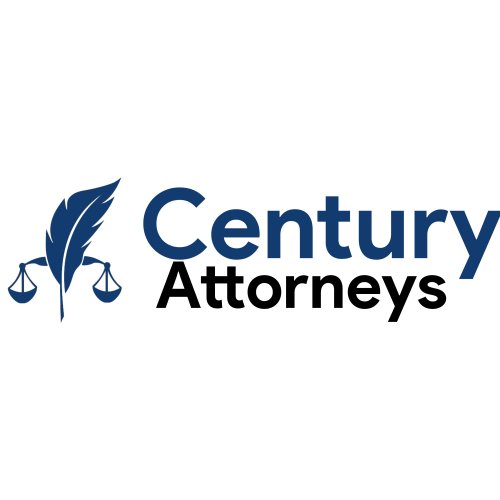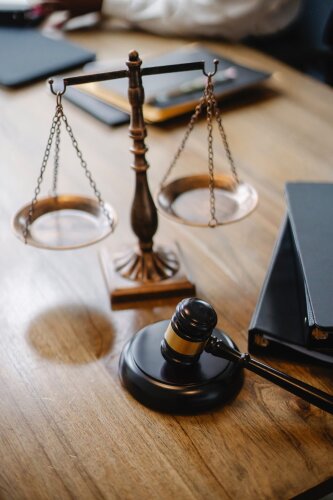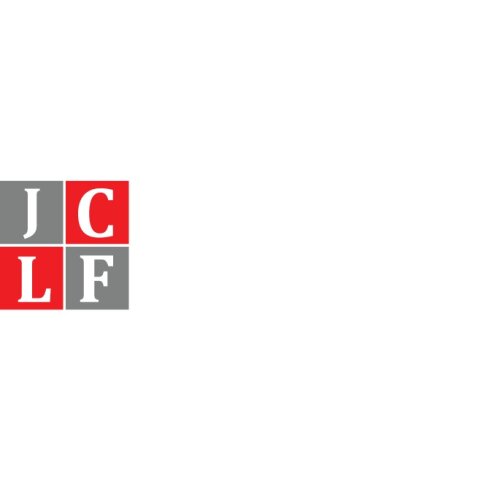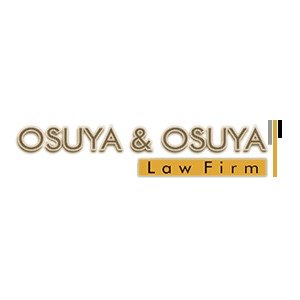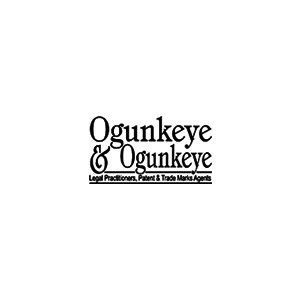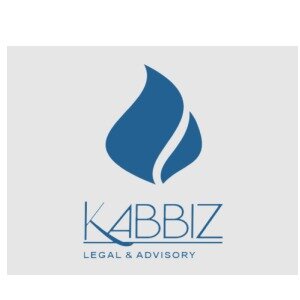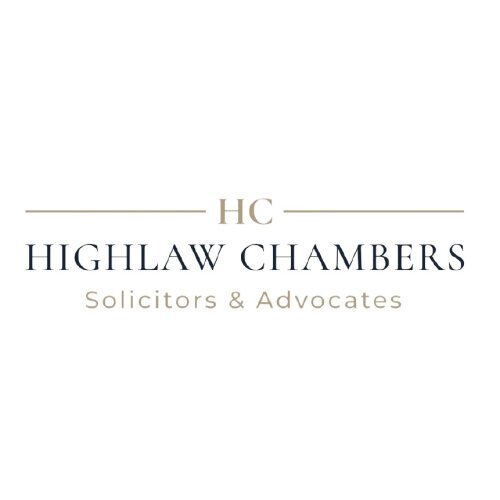Best Consumer Protection Lawyers in Nigeria
Share your needs with us, get contacted by law firms.
Free. Takes 2 min.
Or refine your search by selecting a city:
List of the best lawyers in Nigeria
Nigeria Consumer Protection Legal Questions answered by Lawyers
Browse our 1 legal question about Consumer Protection in Nigeria and read the lawyer answers, or ask your own questions for free.
- My landlady brought 7 days quit notice when I still have 9 months remaining in my rent.
- My landlady give me 7days quit notice just 3 months after renewing my annual rent. She brought the quit notice because informed her of some serious cracks in the house that required repairs. I still have 9 months remaining in my rent.
-
Nigeria Consumer Protection Legal Articles
Browse our 1 legal article about Consumer Protection in Nigeria written by expert lawyers.
- Defective Products, Goods and Services: Available Remedies to Consumers Against Manufacturers in Nigeria
- The importance of consumer protection has grown in recent years. Industrialization has led to the creation and distribution of advanced items worldwide. Consumer protection legislation must be broad and dynamic to protect against potential risks. Consumers are exposed to greater hazards. Consumer dissatisfaction is common when sellers refuse to address... Read more →
About Consumer Protection Law in Nigeria
Consumer Protection in Nigeria is primarily about safeguarding buyers of goods and services against unfair practices in the marketplace. The law entails all measures aimed at ensuring that consumers gain value for money spent on goods and services and are protected from unfair practices. Key legislation in this area includes the Consumer Protection Council Act and the various guidelines set by regulatory bodies like the Standards Organisation of Nigeria (SON) and the Nigerian Consumer Protection Council (CPC). These bodies aim to regulate practices, ensure product standards, and invest in consumer education.
Why You May Need a Lawyer
You may require legal assistance in several situations related to Consumer Protection in Nigeria, including:
- When you have been sold a defective or dangerous product, and the merchant refuses to take responsibility.
- If you encounter fraudulent practices from service providers, such as hidden charges or false advertising.
- When a large-scale financial investment goes awry due to misleading information provided by a company.
- In disputes over warranty enforcement for purchased goods or services.
- If you need to navigate complex legal processes to argue a case in consumer protection courts effectively.
Local Laws Overview
Several local laws govern Consumer Protection in Nigeria:
- Consumer Protection Council Act: Establishes the Consumer Protection Council, responsible for protecting consumer interests through information dissemination, education, and investigating consumer complaints.
- The Standards Organisation of Nigeria (SON) Act: Ensures the quality of products and services by setting and enforcing applicable standards across Nigeria.
- Federal Competition and Consumer Protection Act: Provides comprehensive regulations regarding fair competition and consumer mergers to prevent monopolies that can exploit consumers.
Frequently Asked Questions
What agencies are responsible for consumer protection in Nigeria?
The primary agencies are the Consumer Protection Council (CPC) and the Standards Organisation of Nigeria (SON).
How can I file a consumer complaint in Nigeria?
You can file a complaint through the CPC's consumer complaint portal or by contacting them directly via email or phone.
Are there penalties for consumer rights violations?
Yes, businesses can face fines, business license revocations, and other penalties if found guilty of violating consumer rights.
What are my basic consumer rights?
Your basic rights include the right to safety, the right to be informed, the right to choose, and the right to be heard.
How are disputes resolved?
Disputes can be resolved through mediation, arbitration, or in some cases, through courts dedicated to consumer issues.
Can I sue a company for consumer protection violations?
Yes, you can pursue legal action against a company if you have sufficient evidence of the violation.
What types of products are covered under consumer protection laws?
All consumer goods and services, including electronics, vehicles, financial services, and utilities, are covered.
How does the law protect me from faulty products?
If a product is faulty, you are entitled to a replacement, repair, or refund depending on the nature of the fault.
Is false advertising punishable under Nigerian law?
Yes, false advertising is punishable and companies can be fines or sanctioned for misleading consumers.
Are digital products included under consumer protection?
Yes, consumer protection laws cover digital products and services, providing similar rights and protections as for physical goods.
Additional Resources
For more information on consumer rights and protection mechanisms in Nigeria, consider reaching out to:
- Consumer Protection Council (CPC): The go-to agency for reporting violations and seeking mediation.
- Standards Organisation of Nigeria (SON): For information on product and service standards.
- Nigerian Bar Association: For locating legal professionals specializing in Consumer Protection.
Next Steps
If you need legal assistance in Consumer Protection, consider taking these steps:
- Document all relevant information and communication regarding the issue at hand.
- Contact the CPC or similar agencies to file a formal complaint.
- Seek advice from a legal professional experienced in consumer protection laws.
- If necessary, engage a lawyer to pursue your case through the appropriate legal channels.
Act promptly to ensure your consumer rights are fully protected and recognized.
Lawzana helps you find the best lawyers and law firms in Nigeria through a curated and pre-screened list of qualified legal professionals. Our platform offers rankings and detailed profiles of attorneys and law firms, allowing you to compare based on practice areas, including Consumer Protection, experience, and client feedback.
Each profile includes a description of the firm's areas of practice, client reviews, team members and partners, year of establishment, spoken languages, office locations, contact information, social media presence, and any published articles or resources. Most firms on our platform speak English and are experienced in both local and international legal matters.
Get a quote from top-rated law firms in Nigeria — quickly, securely, and without unnecessary hassle.
Disclaimer:
The information provided on this page is for general informational purposes only and does not constitute legal advice. While we strive to ensure the accuracy and relevance of the content, legal information may change over time, and interpretations of the law can vary. You should always consult with a qualified legal professional for advice specific to your situation.
We disclaim all liability for actions taken or not taken based on the content of this page. If you believe any information is incorrect or outdated, please contact us, and we will review and update it where appropriate.
Browse consumer protection law firms by city in Nigeria
Refine your search by selecting a city.





